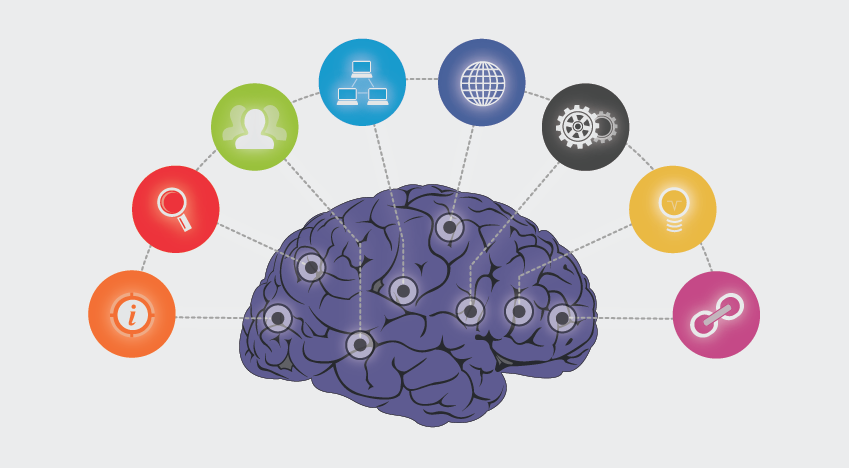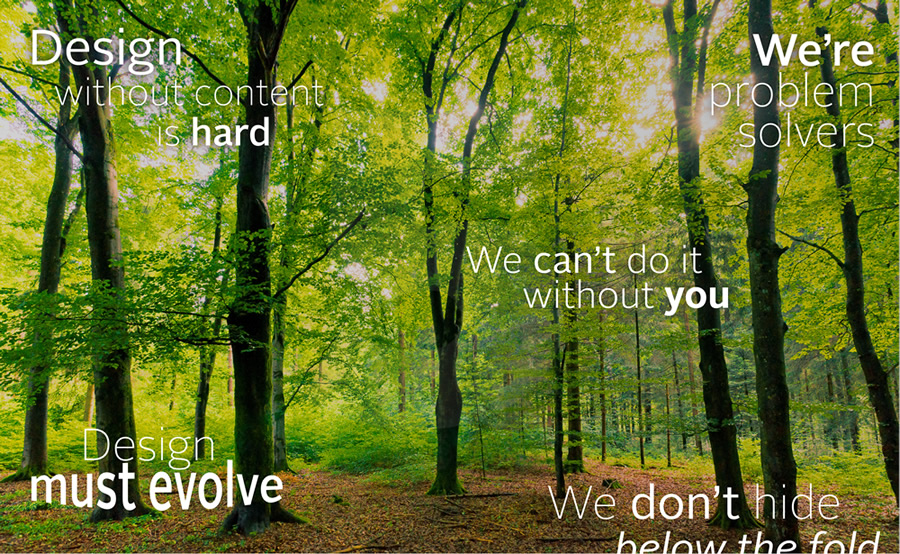Features of the Best Intranets: Intranet Best Practices, Part 2
Intranets exist to help standardize work processes and connect people to others who can help them succeed. In part one of this series, we noted that all the content and features of your intranet must deliver business and strategic value. In today’s post, we look specifically at some of the features found in the best intranets.
Search and “Find-ability”
Creating and disseminating useful content is critical to effective workplaces. But the value of having access to deep content can be at odds with quickly finding the most needed content. So the best systems are those in which lower value data (or infrequently accessed data) is still stored, without creating clutter for high value information.
Search features of the best intranets include:
- search results sorted by view count
- search-as-you-type (like Google), which predicts what users are looking for
- wildcard searches and suggested criteria for similar searches when no matches are found
- smart search that recognizes common misspellings, and smart search that recognizes content tags so a match can be delivered even if the specific phrase is not included in the content (for example “vacation” returns content on “paid leave”)
- the capability to index multiple sources so that one search returns combined results from other applications, network drives or other data repositories (a federated search)
- the option for people to tag content they find of value, allowing content to be better found by others
- the option to search on a topic and see who created or contributed to the content, matching people by skills rather than names and departments only
Personalization and Customization
The best companies realize that while they have a wide variety of content and do their best to organize it in a clear, user-tested structure with intuitive labels (a push focus), they also have different types of users with different needs and interests. Personalization or customization options allow each user to get to the content that interests them most in the quickest manner (a pull focus).
The Intranet Design Annual Report from Nielsen Norman Group notes the following best practices, among others:
- a customizable homepage (some ability to choose what should be featured)
- personalized “quick links” or shortcuts (a list of specific links managed by the user)
- content that introduces new users to the site (and helps them become effective users and contributors)
- when relevant, options for a focused, distinct structure and specific content (by job role, division, location, department, etc.)
- automated (or implicit) changes over time (displaying content recently searched on, a list of “frequently accessed” content or a historical list of previous content viewed)
News, Communications and Feedback
Many companies have a variety of printed, verbal and electronic communications (often redundant). But who receives what information and how they react to it is largely limited to yearly surveys or informal feedback. In contrast, top intranets, as they unify news from across many areas into single locations, reveal who is reading and what.
It is important to allow user feedback on news and communication, from threaded comments to simpler rating/liking systems. Rated and commented content can be visibly sorted and called out in news systems (listed first, for example), allowing the community to even more easily find the most interesting or important content. And by allowing negative/inappropriate content to be flagged, the community can effectively police content, alerting a content owner to take action (pushing content down or hiding it altogether).
We love talking about intranets! Whether you need help building internal support for a new intranet or you’re ready to start your intranet redesign, we’d be glad to assist. We can set up a web conference to review your project, or answer specific questions on how you can make your company’s most important asset the best it can be.
Contact us!
Training Tools
A simple poll of 221 respondents (representing all job roles) taken by the Worldwide Intranet Challenge in October 2011 found that “how to / procedures” was rated as the most useful content for an intranet. In many companies, multiple departments have content considered “training” but it is created, managed and delivered in many different ways. Via intranets, training materials (from eLearning courses to pages of tips and instructions) can and should be part of a connected ecosystem, removing all barriers to realizing employees’ full potential.
The benefits of delivering training digitally include:
- video and other eLearning content can be watched when the user has time, and re-watched as needed
- training can be tracked on a per-user basis and integrated with reward/points systems
- feedback mechanisms can be used to provide input and suggestions to content creators
- feedback mechanisms can also allow users to “promote” good training to others
Imagine a system that can suggest training to new employees as they go along, or to manage a full career path, tied to performance reviews and employee desires.
Support Tools
Providing simple tools that can help employees help themselves is a key feature of an intranet. Best practices in support tools and content vary widely by industry. Employees may be looking for everything from benefits information to document templates. In any case, tools must be highly usable or users may abandon them and rely on older methods.
The best formats and mechanisms for delivering help to employees include:
- better search mechanisms, as discussed above
- question and answer areas, reflecting the same format as if an employee was calling someone or talking to them in person
- discussion boards, where anyone can start a conversation on any topic, with participation/moderation by peer experts
- idea spaces, which are similar to discussion boards but focus on voting up and enhancing good ideas
- use of rich media that provide explanations or demonstrations of a process (but not Flash-based, as support of iOS devices is mandatory as far we are concerned)
This range of features is found in some form on all of the best intranets today.
Additionally, these systems have robust methods for collaboration and recognition. Because intranets are a prime opportunity for effective collaboration, I’ll address this in more detail in part three of our series—coming soon!

